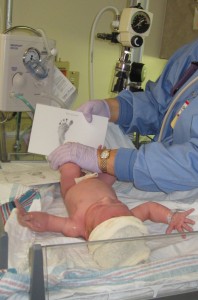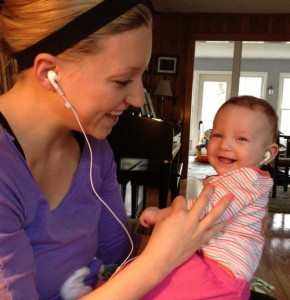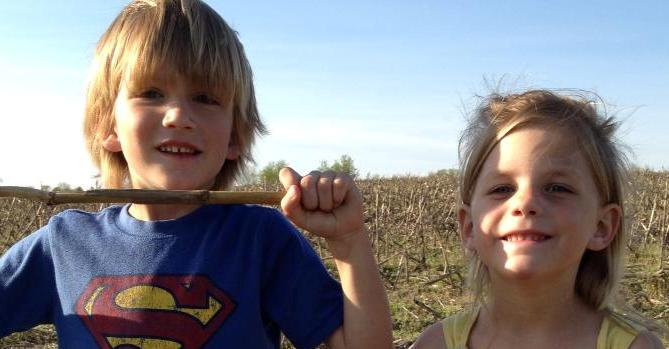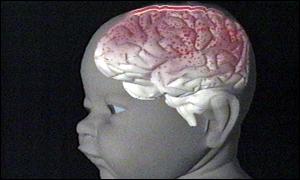 When a new baby comes into the world, his or her needs must all be met by someone else. Newborns have no ability to help themselves, and if a baby bottle of nourishing milk was lying an inch from his or her mouth but wasn’t fed by someone else, the little one would starve.
When a new baby comes into the world, his or her needs must all be met by someone else. Newborns have no ability to help themselves, and if a baby bottle of nourishing milk was lying an inch from his or her mouth but wasn’t fed by someone else, the little one would starve.
Because of that complete helplessness, parenthood is a massive undertaking. Moms and dads can choose to do a thorough job or none at all, though thankfully most choose wisely and care well for their little ones.
 Slowly but surely children take over the pieces of their lives, starting with holding up their own heads. Later they sit, crawl, walk, and feed themselves. But for many years, what they see, hear, taste, and touch is controlled by parents.
Slowly but surely children take over the pieces of their lives, starting with holding up their own heads. Later they sit, crawl, walk, and feed themselves. But for many years, what they see, hear, taste, and touch is controlled by parents.
Why did God set it up this way? Why are babies so helpless and parents so powerful?
Surely he wanted families to bond, and serving the needs of another is a good way to start. (Babies are especially good at forcing that one.) But the best possible reason God did it that way was his wanting us to mimic his fatherly role in our earthly parenting so we’ll better understand why he fathers the way he does. That reasoning works with both the pluses and minuses of a parent-child relationship.
As parents we learn to love our children intensely (as he loves us) and discipline them fairly (as he does us). We figure out how to provide for our kids (as he provides for us) and learn to let them make mistakes (as he does with us).
These parenting parallels and many others help us understand God and his ways a bit better than we otherwise might. Even if we haven’t had children, referring back to our own childhoods is a good way to better appreciate our bond with God the Father. And it’s especially helpful when life isn’t going our way.
 We don’t like the negatives, the same way a child doesn’t like to be told no. But when we consider that most of our no’s to children are for their own good, it gets easier to cooperate with (and eventually appreciate) God’s no’s to us.
We don’t like the negatives, the same way a child doesn’t like to be told no. But when we consider that most of our no’s to children are for their own good, it gets easier to cooperate with (and eventually appreciate) God’s no’s to us.
And as we let our children pay the painful natural consequences of their decisions, whether it’s a toddler’s or a teen’s poor choice, it dawns on us that many of the messes we still get into as adults are our own doing, too. And God lets us foolishly move into them “for our own good.” Stumbling through miserable natural consequences of mistakes we’ve made is a guarantee we’ll do better next time.
Eventually our kids do grow into conscientious adults. We aren’t responsible for them after they turn 21, but as we all know, none of them are left out in the cold after they launch. Instead, God takes over from there. And what happens after that can be exciting to watch…. in their lives and in our own!
“Children, obey your parents in everything, for this pleases the Lord.” (Colossians 3:20) [….which applies to the adult children of God, too!]






